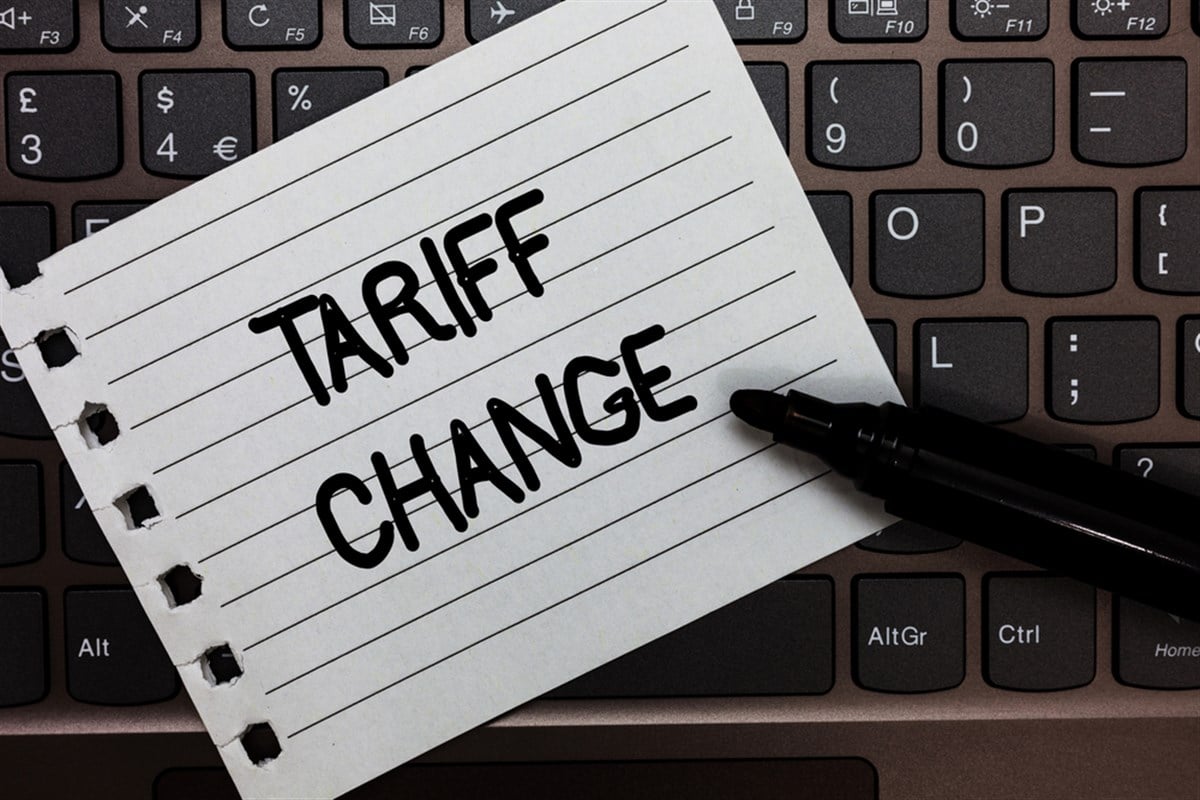
The current tariff discussion is amusing in the sense of how quickly everyone’s become an economist. Much of that is noise. But more importantly to investors, it illustrates the reality that the unknown is usually worse than the known. That means investors are concerned about what might happen with the incoming administration’s tariff policy without knowing what that policy will actually be.
Right now, economists can only go by what they’re hearing. And that means that the Trump administration plans to use tariffs as a blunt instrument to promote manufacturing in America. But a funny thing happens when a president tries to turn campaign promises into policy. They usually look a lot less like promises and more like objectives.
That said, the simple answer is nobody knows how tariff policy will shake out. But three companies have already taken preemptive shots across the bow. These companies say they're planning to raise prices ahead of potential tariffs. Given the giant assumption that each company will follow through, will that be bullish or bearish for their respective stocks?
Tariffs Could Accelerate a Stock Split for AutoZone
For much of 2024, AutoZone Inc. (NYSE: AZO) has been listed as one of the stocks most likely to be next to split its stock. AZO stock is currently trading at $3,214.05 per share, which puts it out of reach for many investors who would prefer to buy whole shares.
However, just because a stock is expensive on a per-share basis doesn’t mean it’s overvalued. AutoZone is priced at 20x forward earnings, which is a slight discount to the 23x average of the S&P 500 and one of the more attractive valuations among retail stocks. And analysts continue to bid the stock higher.
AutoZone is likely to benefit from the Trump administration’s hardline stance on electric vehicle (EV) mandates. The shift toward electrification isn’t going away, but since EVs require fewer parts for DIYers to replace, the longer that transition takes, the better for auto parts retailers.
However, AutoZone CEO, Philip Daniele has recently remarked that, as it has done when faced with higher tariffs in the past, it will pass those costs back to the consumer. Revenue has missed analysts'’ expectations in recent quarters but is still growing year-over-year. But if higher prices start eating away at demand, a stock split may be an option to create a market for AZO stock.
Tariffs Could Add to Columbia Sportswear’s Recent Woes
Columbia Sportsware Company (NASDAQ: COLM) is an iconic brand of premium outerwear, lifestyle apparel, footwear, accessories and equipment for a global audience. COLM stock soared in 2020 and 2021 as consumers flocked to outdoor activities. But the stock has been in a downtrend for three years, and tariffs aren’t likely to help the situation.
The company’s CEO, Tim Boyle, remarked that although the company was adept at managing tariffs it was “set to raise prices” while adding that it would be difficult to keep products affordable for Americans. That’s not what investors want to hear. The company’s ACCELERATE growth strategy is a pivot to make the company’s brands more attractive to younger consumers. However, these are the consumers who are likely to continue to be impacted by the economy.
COLM stock is down approximately 2% since the election and is up just 4.9% this year. Still, the company is in the middle of what is historically its best quarter from a revenue standpoint. That means it may post a good number in its February earnings. But earnings are lagging indicators. Investors should pay attention to the company’s guidance before taking a long position.
Stanley Black & Decker is Fighting Inventory Issues
Stanley Black & Decker Inc. (NYSE: SWK) presents an intriguing case for investors. On the one hand, management stated in October that tariffs will likely mean higher consumer prices. However, the company is working through an inventory issue that is likely to last into the second half of 2025.
However, management also says that in anticipation of tariffs of up to 60% on imports from China, it plans to move its production out of China and to other countries, such as Mexico.
The risk is that the company will continue to face tepid demand. SWK stock is down 8.5% for the year and continued revenue misses could have the stock testing its 52-week low. However, if it can turn around the year-over-year revenue story, investors would have a reason to be bullish on the 16% upside projected for SWK stock.




